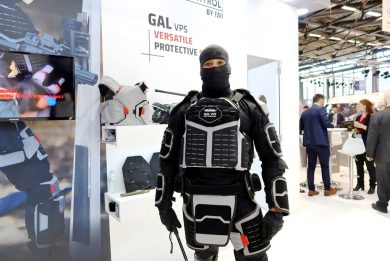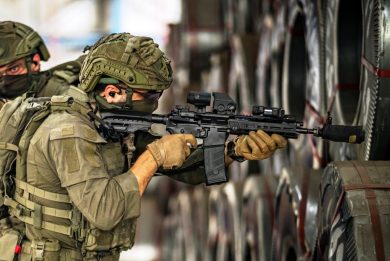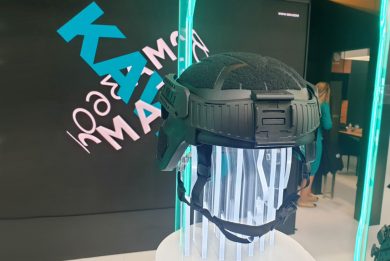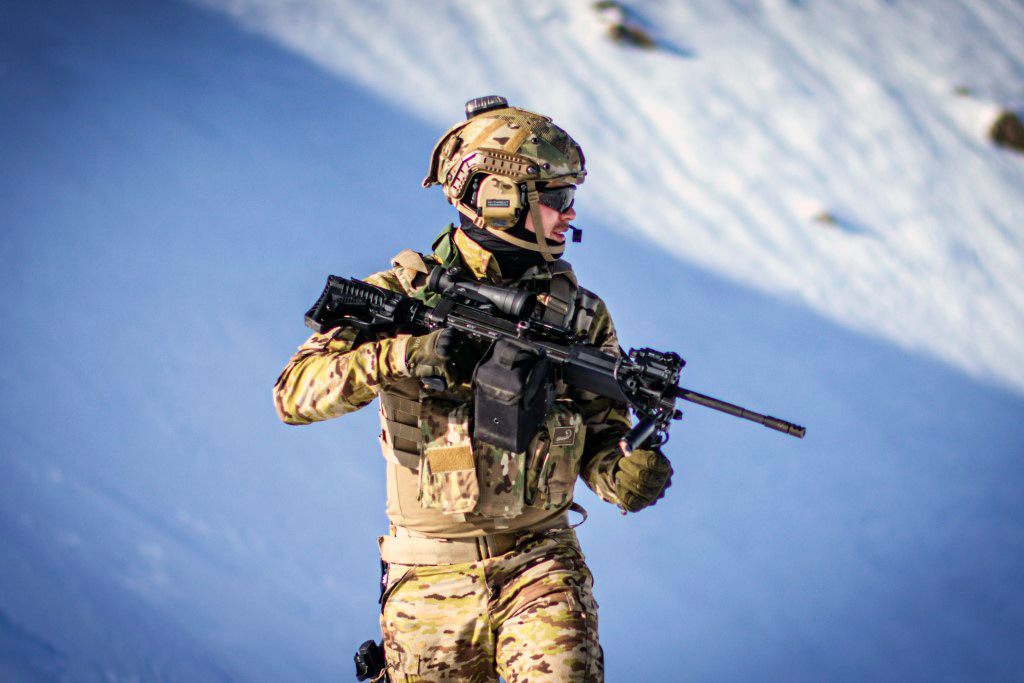
India orders IWI’s Negev 7.62
By Paolo Valpolini
The need to replace its INSAS (Indian Small Army System) Light Machine Gun (LMG) has been on the table of Indian defence decision makers for a while, however a first tender was cancelled, the decision for its replacement being postponed. The major issues were reliability, the INSAS LMG showed some problems especially in very cold weather, a critical issue for an Army which is still fighting the “Glaciers War”, and lethality, the 5.56 mm round being considered inadequate for current scenarios.
The need for a quick acquisition led the Indian Minister for Defence to overrule the “Make in India” initiative in order to speed up the process, adopting the Fast Track Procedure; this was not limited to the LMG, for which a quantity of 16,479 weapons was set, but also for assault rifles (72,400 pieces) and close-quarter battle carbines (93,895 pieces). The assault rifle contract went to SIG Sauer, which has started delivering its SIG716 while the CQB carbine contract is apparently still idling. As for the light machine gun, three competitors answered the tender, Arsenal of Bulgaria, with its MG-M2, Israel Weapons Industries (IWI) with its Negev NG7, and S&T Motiv of South Korea with its K12. All three weapons feature a semi-auto and an automatic firing mode, and are belt-fed.
In May 2019 a team from the Indian Army travelled to Bulgaria, Israel and South Korea for visiting the manufacturing companies and carry out a first test of the weapons, these being then sent to India for a relatively short test in harsh conditions. The Israeli weapon emerged as the selected new LMG for the Indian Army a few months ago, although the official announcement came only on March 20, when the contract was finally signed by the Indian MoD Defence Secretary, Ajay Kumar.The contract is worth Rs 880 crore (that is 8.8 billion Indian Rupias, or 107 million Euro)
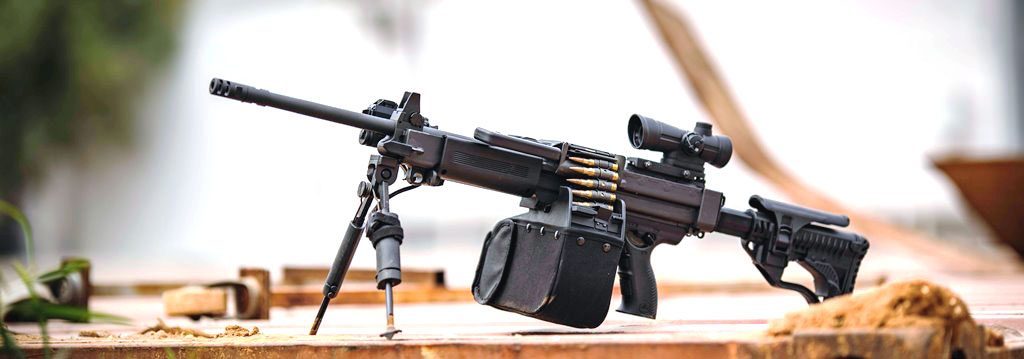
As stated in the Indian MoD press release, “The Indian Armed Forces’ long-standing requirement of a modern state-of-the-art Light Machine Gun (LMG) has finally fructified. This LMG will greatly enhance the lethality and range of a soldier vis-a-vis the presently used weapon.” It also adds: “The provisioning of this operationally urgent and very critically needed weapon will boost the confidence of the frontline troops and provide much needed combat power to the Armed Forces.”
“According to information available we won the tender thanks to the robustness of our NG7, which was highlighted in all test environments, to its accuracy, and to the reduced weight,” Ronen Hamudot, Vice-President Marketing & Sales of the SK Group, of which IWI is part, adding that “we were the only one to pass all tests.” The contract is for the weapon only, no sights or ammunition being involved. “The weapon is the standard one produced for our customers, non changes were required, and the deliveries will have to be completed within two years from the contracts signatures, subdivided in batches,” he explains, while no date for first deliveries is provided.
The Negev NG7 operates from open bolt, and is fitted with a rotating bolt with gas impact on piston head. It has a 508 mm long barrel (20 inch) and is 1,000 mm long, which allows a paratrooper to jump with it, length being reduced to 820 mm with stock folded. The NG7 weighs 7.6 kg without magazine, its competitors weighing respectively 22% and 38% more.
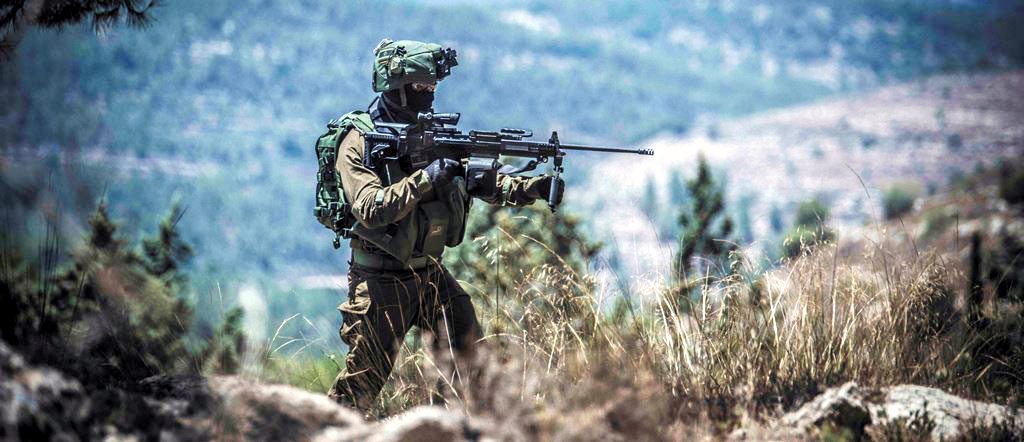
The over 16,000 light machine guns will be produced in Israel, albeit IWI might well get some components from its foreign partners that manufacture its weapons or part of them under license, among which we find PLR, the joint venture between Adani Group Defence division and IWI, which on 4 May 2017 inaugurated the first Indian private sector small arms manufacturing plant at Malanpur, in the Madhya Pradesh State.
This company might be pivotal for IWI in trying to win a further bid, again for an LMG, the Indian Armed Forces requiring 41,000 more light machine guns. “We obviously intend to take part in that future tender that will follow the ‘Make in India’ rule, and having not only a JV but also a production facility in country should be a plus,” Ronan Hamudot concludes.
Photos courtesy IWI

